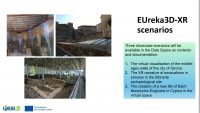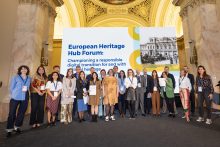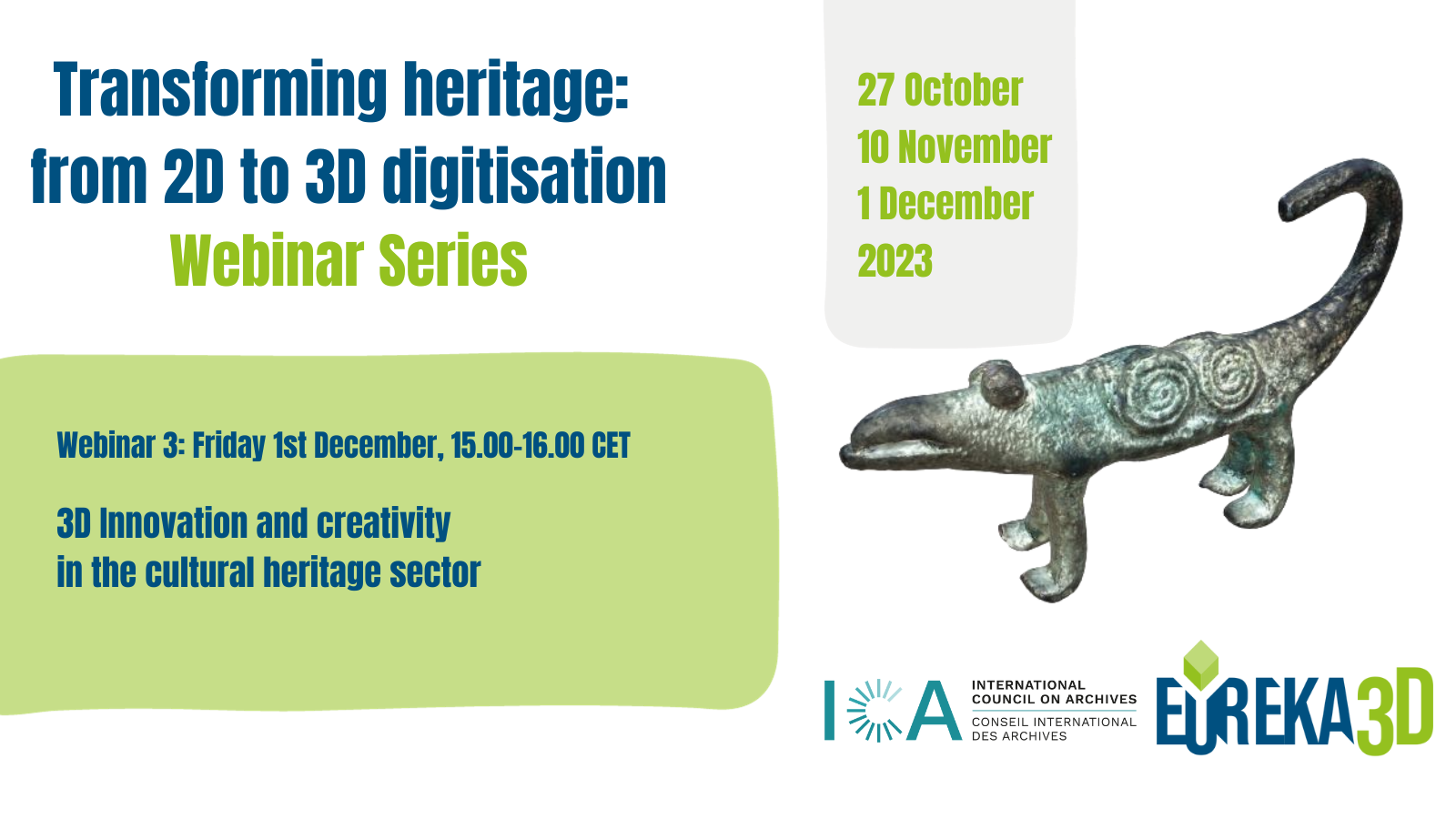
International Council on Archives and EUreka3D consortium organise a series of webinars on 3D digitisation and digital transformation of cultural heritage. The three sessions focus on the quality guidelines for cultural heritage digitisation, the use of 3D digitisation for cultural heritage reuse and research, and innovative initiatives in 3D and the CH sector.
This activity is intended for archivists and records management professionals, CHI professionals, 3D digitisation and digital infrastructure providers, digital humanities researchers, and students in all these fields.
The webinar series is included in the EUreka3D capacity building programme, which offers online and onsite training to CHIs for high-quality standards of digitisation, advanced metadata management and aggregation to Europeana.
Registration and info here
 This event series, organized by EUreka3D project in collaboration with ICA, supports the TwinIt! campaign on fostering and promoting 3D digitisation to broaden access to culture, preserve irreplaceable cultural heritage and to spur innovation and creativity, fostering reuse and potential new services and applications in other sectors. The webinar series also contributes to the multidisciplinary capacity-building of heritage professionals in 3D digitisation, exchange of practices and pan-European collaboration and networking.
This event series, organized by EUreka3D project in collaboration with ICA, supports the TwinIt! campaign on fostering and promoting 3D digitisation to broaden access to culture, preserve irreplaceable cultural heritage and to spur innovation and creativity, fostering reuse and potential new services and applications in other sectors. The webinar series also contributes to the multidisciplinary capacity-building of heritage professionals in 3D digitisation, exchange of practices and pan-European collaboration and networking.
Full Programme
Webinar 1
Friday 27th October, h.14.30-15.30 CET
World day of audiovisual heritage
Being digital, being standard. Guidelines for digitisation of cultural heritage
14.30 Welcome and introduction – Antonella Fresa, Photoconsortium (PDF, 1 Mb)
14.40 Quality Management and quality digitisation in GLAMs – Ismo Malinen, Hannu Häkkinen, Museovirasto the Finnish Heritage Agency (PDF, 3 Mb)
15.10 Question and answers
15.30 Conclusion – David Iglésias Franch, CRDI/Ajuntament de Girona, PAAG (Photographic and Audiovisual Expert Group / ICA)
Recording available at: https://eureka3d.eu/transforming-heritage/
Webinar 2
Friday 10th November, h.15-16 CET
World Science Day for Peace and Development
Boosting 3D digitisation for research and reuse of cultural heritage collections
15.00 Welcome and introduction – Antonella Fresa, Photoconsortium (PDF, 1 Mb)
15.10 The VIGIE 2020/654 Study on digitisation of tangible heritage – Marinos Ioannides, Cyprus University of Technology
15.40 Question and answers
16.00 Conclusion – John Balean, Topfoto
Recording available at: https://eureka3d.eu/transforming-heritage/
Webinar 3
Friday 1st December, h.15-16 CET
3D Innovation and creativity in the cultural heritage sector
15.00 Welcome and introduction – Antonella Fresa, Photoconsortium
15.10 TwinIt! 3D for Europe’s culture – Valentine Charles, Europeana Foundation
15.40 Question and answers
16.00 Conclusion – Giulia Martini, Qatar National Library, PAAG (Photographic and Audiovisual Expert Group / ICA)
REGISTER HERE
 EUreka3D project is co-financed by the Digital Europe Programme of the European Union.
EUreka3D project is co-financed by the Digital Europe Programme of the European Union.
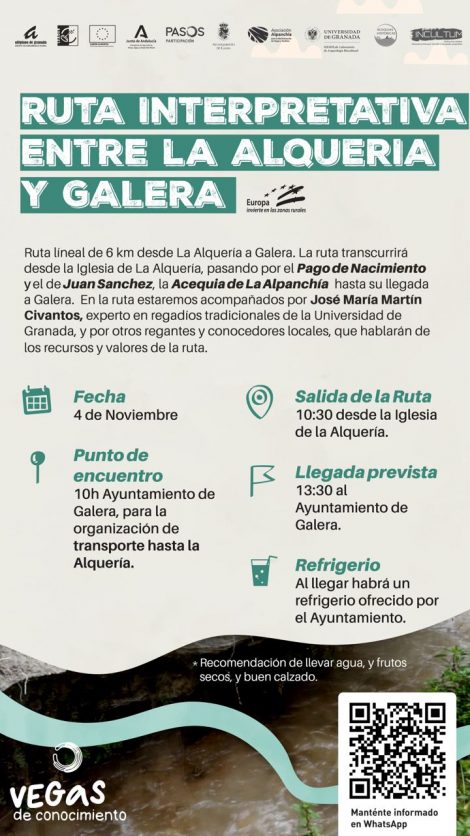 Last November 4 2023, the Spanish pilot of the INCULTUM project participated in the interpretative route through the Acequia de la Alpanchía, in Galera, municipality of the Altiplano de Granada.
Last November 4 2023, the Spanish pilot of the INCULTUM project participated in the interpretative route through the Acequia de la Alpanchía, in Galera, municipality of the Altiplano de Granada.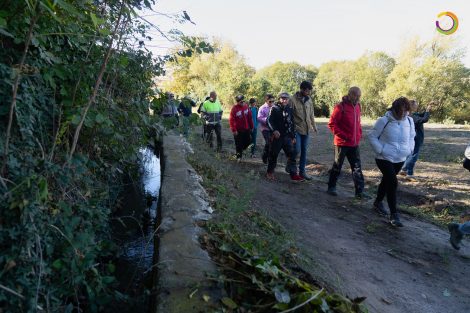
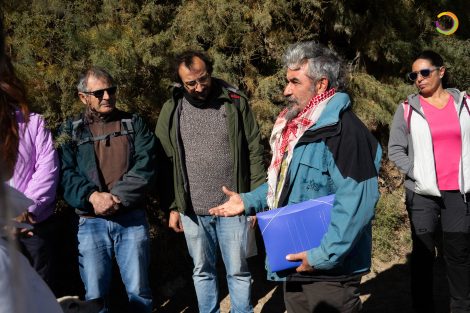
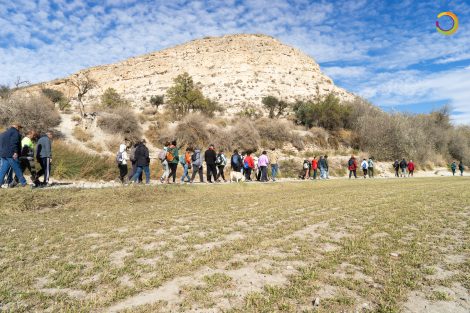
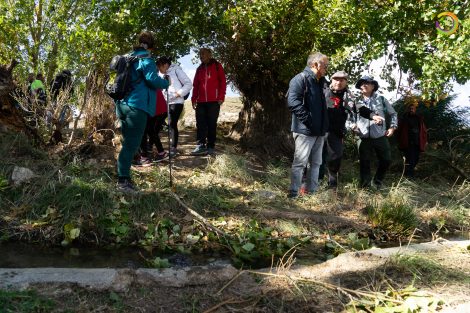
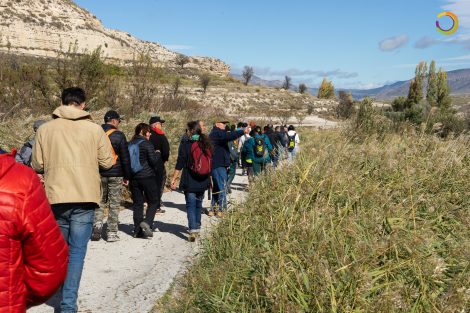
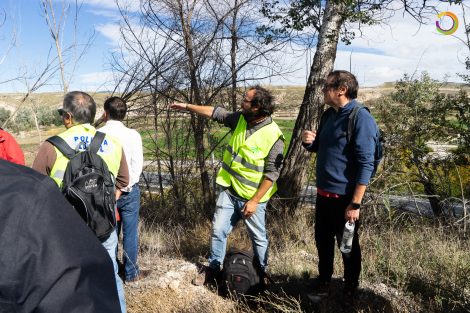
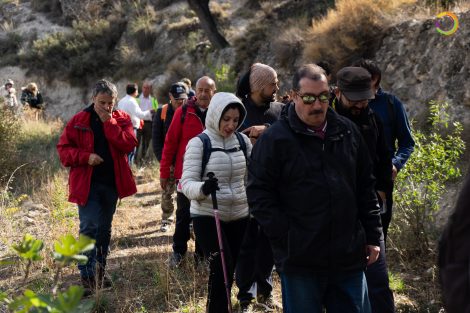
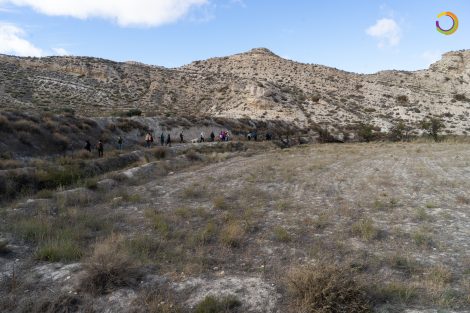
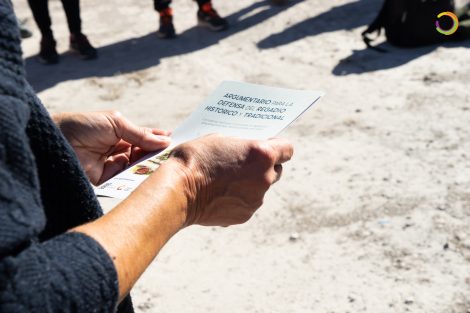
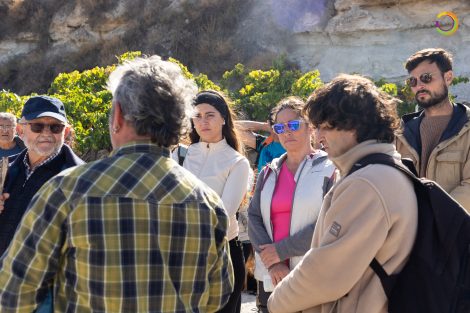


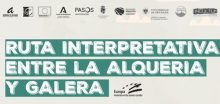
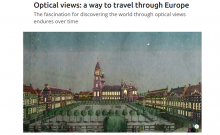
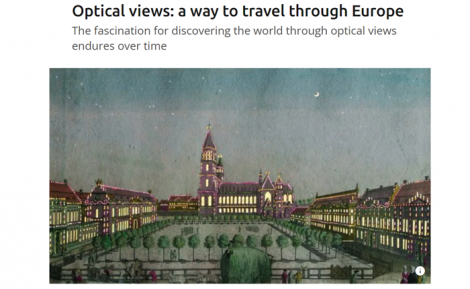
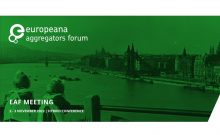
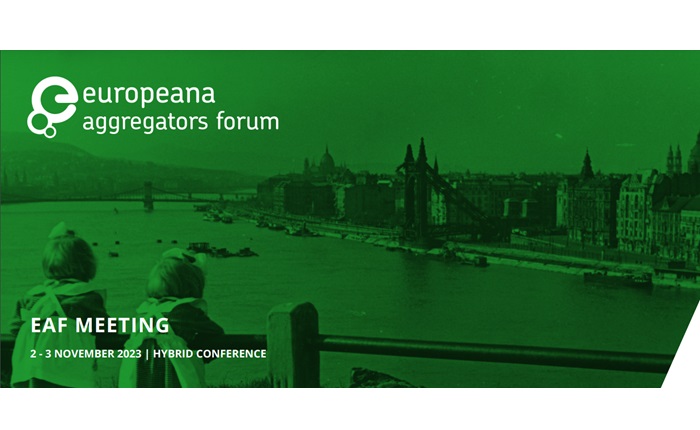
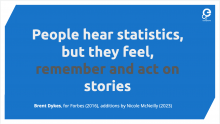
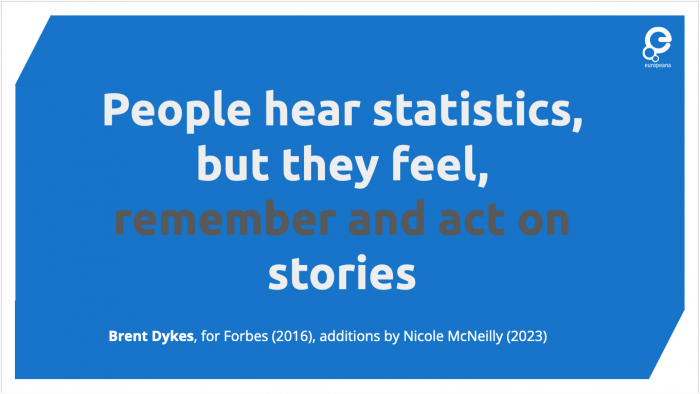
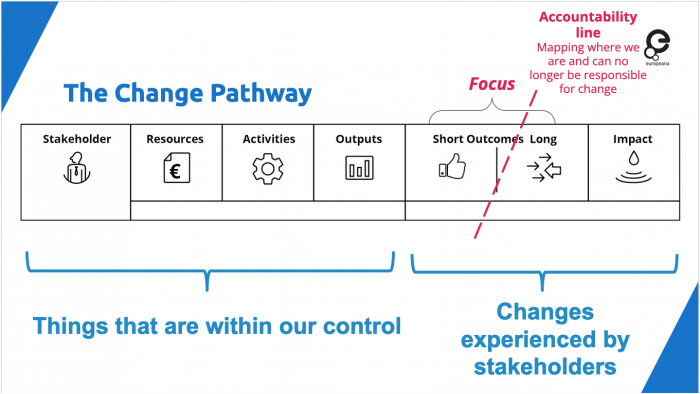
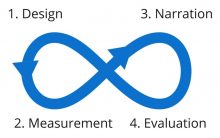 It emphasises that thinking about, and measuring, impact, is not a one-off action, but a flexible and ongoing process that can benefit from in the long-term as you embed impact thinking in your processes and organisational culture.
It emphasises that thinking about, and measuring, impact, is not a one-off action, but a flexible and ongoing process that can benefit from in the long-term as you embed impact thinking in your processes and organisational culture.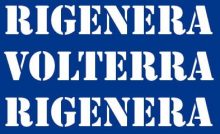
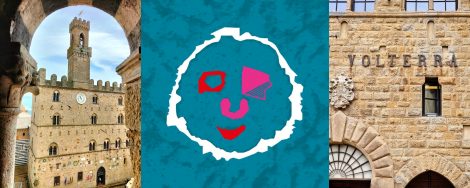 The UNCHARTED case study on Volterra22 will be presented in Volterra at Palazzo dei Priori on 30 October 2023 at 6 pm in the Sala del Maggior Consiglio, the historical City Hall.
The UNCHARTED case study on Volterra22 will be presented in Volterra at Palazzo dei Priori on 30 October 2023 at 6 pm in the Sala del Maggior Consiglio, the historical City Hall.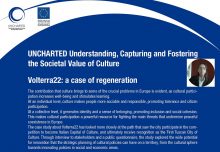
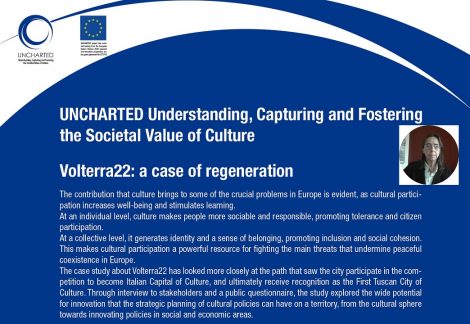 The poster about the case study on Volterra22 has been presented in the framework of the CaTCH Conference, organised by the VAST project in Maribor, Slovenia on 23 October 2023.
The poster about the case study on Volterra22 has been presented in the framework of the CaTCH Conference, organised by the VAST project in Maribor, Slovenia on 23 October 2023.
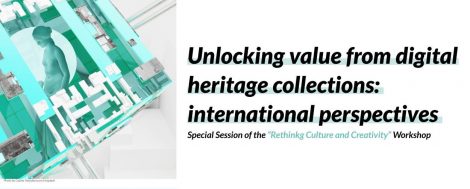
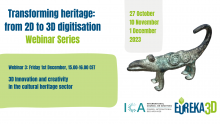

 This event series, organized by EUreka3D project in collaboration with ICA, supports the
This event series, organized by EUreka3D project in collaboration with ICA, supports the 
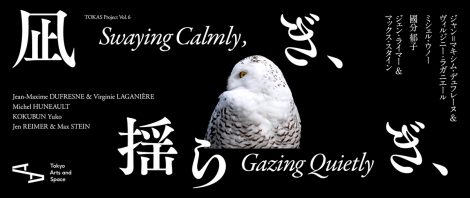
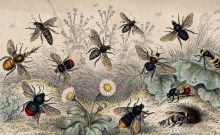
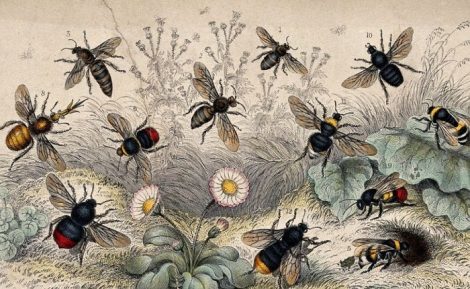
 If you have interesting news and events to point out in the field of digital cultural heritage, we are waiting for your contribution.
If you have interesting news and events to point out in the field of digital cultural heritage, we are waiting for your contribution.





























